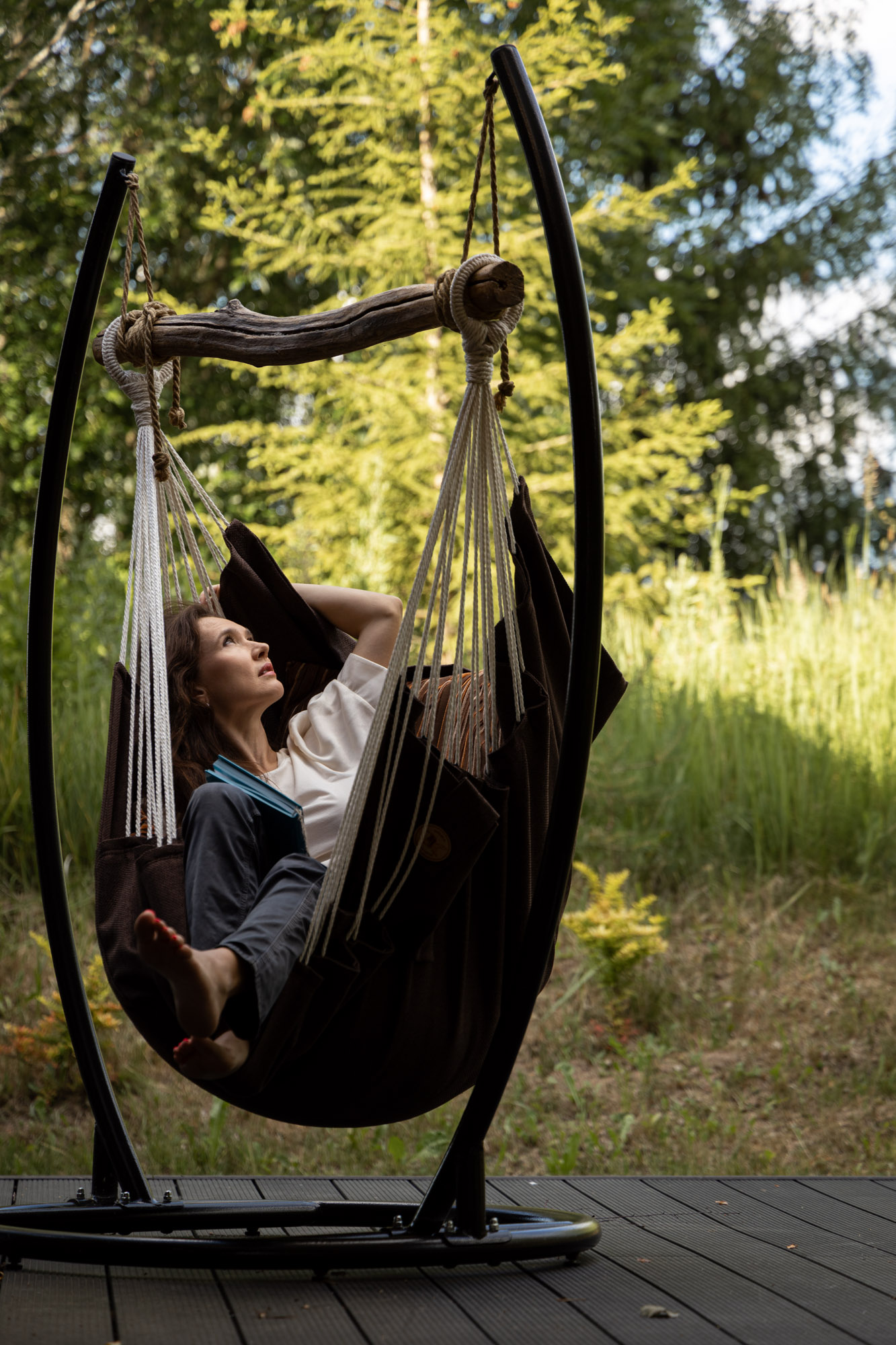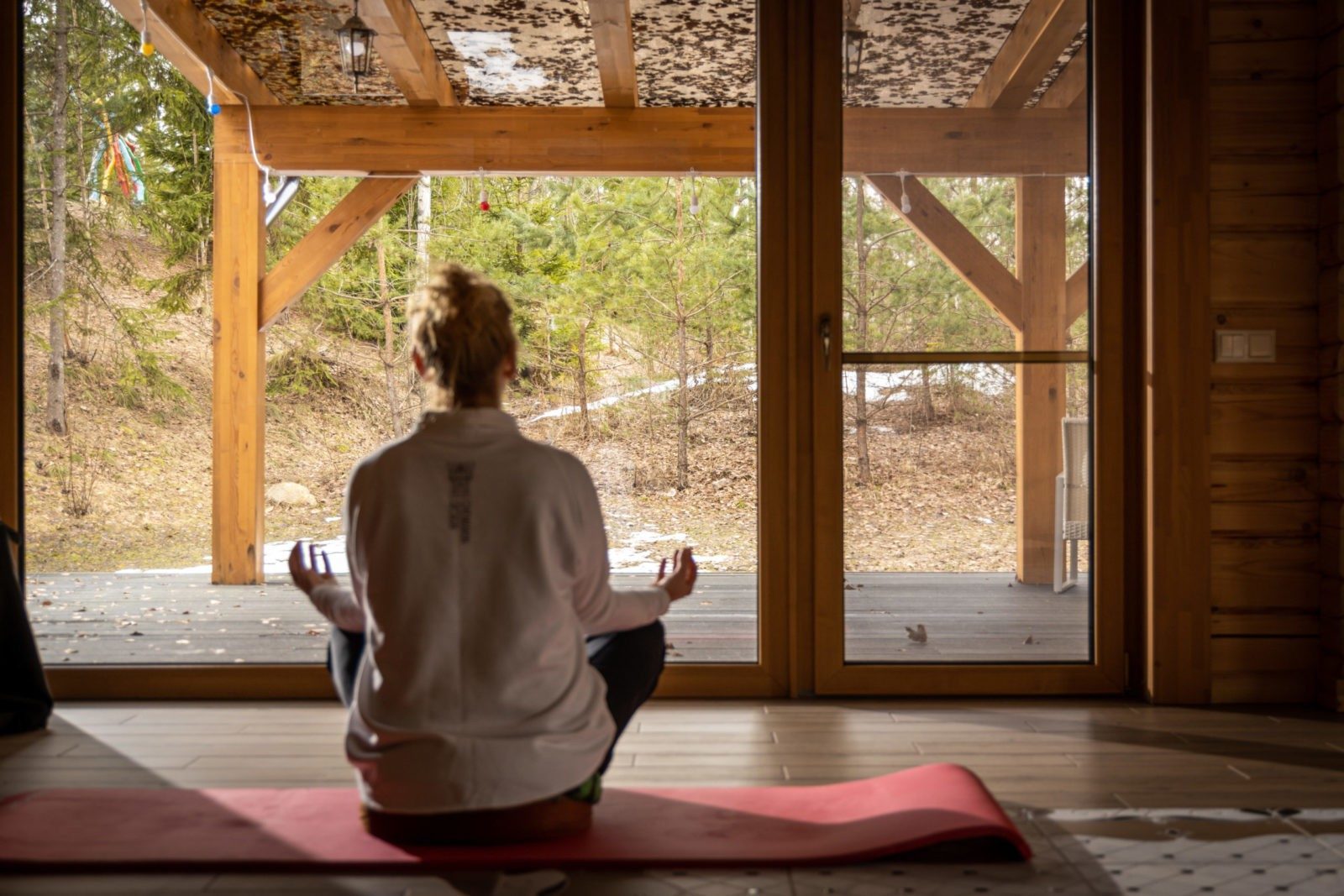
The Benefits of Solitude: Facts and Research
While solitude is an emotional state that many people fear, not all forms of solitude are equal. Social isolation, detachment, and helplessness can have negative health consequences, but being self-sufficient and comfortable with solitude is a different experience altogether. Unfortunately, this type of solitude is becoming increasingly rare in modern society. In fact, research by scientists at the University of Virginia has shown that people were more willing to receive electric shocks than to stay alone with their thoughts.
Like other needs, the benefits of solitude can only be fully realized when approached consciously and reflectively. But how can we learn to perceive solitude as a benefit and use our time alone for personal growth?
Regrettably, solitude is often stigmatized in our society, which prevents us from appreciating the significance of time spent in solitude. As psychotherapist Emily Roberts notes, learning to identify when it is better for us to be alone can be incredibly valuable, as it can help us prevent stress and burnout. Although some people may be predisposed to temporary solitude, it is important for all of us to develop the ability to appreciate and utilize this time for our benefit.
Solitude vs. seclusion
Despite the increased communication and social connections facilitated by social media in this age, scientists are warning about the growing levels of subjective loneliness and social isolation. A 2017 report commissioned by the UK government revealed that approximately 15% of the country’s population feels lonely. The situation is complicated by the fact that loneliness is an extremely subjective feeling that cannot be quantitatively assessed or objectively studied. Nevertheless, British scientists assert that it is as harmful to health as smoking 15 cigarettes a day.
Olivia Lang, author of the book “Lonely City,” describes her experience of loneliness and concludes that while connecting with others is undoubtedly important for addressing social isolation, the most critical step towards “healing” is not the search for social interaction, but the search for self-sufficiency: “I don’t believe that the only solution to loneliness is to meet someone. It’s not necessarily. I think it’s about learning to be friends with yourself.”
The feeling of loneliness largely depends not on external factors such as having a constant partner or many friends, but on an internal sense of wholeness. Out of fear of loneliness, we often fill our lives with continuous and superficial communication, while time spent alone with ourselves seems unproductive and wasted.
Time with yourself
Spending time alone is crucial for developing a sense of independence and wholeness. Numerous studies have shown that some of the greatest thinkers, artists, and scientists created their best work in solitude. For instance, Nikola Tesla revealed his genius only in focused silence, stating that “originality thrives in seclusion free of outside influences beating upon us.” The legendary polar explorer Fridtjof Nansen highly valued time alone and believed that “the first great thing is to find yourself, and for that, you need solitude and contemplation.”
In today’s era of social media, the importance of practicing solitude cannot be overstated. Scientists are increasingly emphasizing the therapeutic effects of solitude, describing it as a positive state that should be sought rather than avoided.
According to the results of an online survey called The Rest Test, most activities that help us relax are done in solitude. Psychologist Thuy-vi Nguyen, who researches loneliness, explains that the question of being alone is not related to whether you are an extrovert or introvert. Instead, those who value solitude and know how to respect their own desires, rather than pleasing others, are truly able to enjoy their alone time.
Spending time alone is crucial for developing a sense of independence and wholeness. Numerous studies have shown that some of the greatest thinkers, artists, and scientists created their best work in solitude. For instance, Nikola Tesla revealed his genius only in focused silence, stating that “originality thrives in seclusion free of outside influences beating upon us.” The legendary polar explorer Fridtjof Nansen highly valued time alone and believed that “the first great thing is to find yourself, and for that, you need solitude and contemplation.”
In today’s era of social media, the importance of practicing solitude cannot be overstated. Scientists are increasingly emphasizing the therapeutic effects of solitude, describing it as a positive state that should be sought rather than avoided.
According to the results of an online survey called The Rest Test, most activities that help us relax are done in solitude. Psychologist Thuy-vi Nguyen, who researches loneliness, explains that the question of being alone is not related to whether you are an extrovert or introvert. Instead, those who value solitude and know how to respect their own desires, rather than pleasing others, are truly able to enjoy their alone time.
By falling in love with solitude, you can learn to appreciate its pleasant aspects, such as:
- freedom from other people’s rules and opinions,
- no obligations to anyone else,
- no judgmental looks or comments, and
- not having to coordinate your plans with anyone else.
By cultivating an understanding that solitude can be a choice, it will be easier for you to understand yourself and your interests. The better you understand yourself and your passions, the easier it will be for you to meet people who share your interests and values, and improve your empathy. Additionally, it provides an opportunity to reassess your friendships. Do you have a friend whom you only talk to so that you don’t feel lonely on a Friday night? Do you occasionally join your old dorm mates despite having little in common with them now? Is this the best use of your weekend?
By spending time alone, you can accumulate inner energy and confidence. You can also enhance your creativity and productivity. Therefore, it is crucial to prioritize spending time alone, even if it means disconnecting from social media and embracing solitude.
Improving productivity
Recent studies have challenged the notion that open-plan offices improve productivity. Instead, they suggest that the excess noise and lack of personal space can counteract any benefits of collaborative working. Research indicates that many people perform better when they are removed from external stimuli, including colleagues.
Solitude can also enhance creativity and productivity, especially for those in creative professions who prefer working alone. Both physical and psychological isolation are important because being constantly connected to others and checking your phone can be a distraction and hinder your ability to concentrate on work.
Boosting mental resilience
According to a study conducted in 2017, spending time alone can improve an individual’s ability to cope with stress and increase overall satisfaction with life. Engaging in regular self-reflection and practicing solitude can enhance feelings of independence and self-awareness, leading to a greater appreciation of one’s time and reducing the fear of social isolation.
Self-discovery
Margaret Azmitia, a psychology professor at the University of California, asserts that solitude can provide many benefits for self-discovery and personal growth. Learning to be comfortable with being alone can be refreshing and rejuvenating, and it can help cultivate authenticity and foster genuine relationships with others.
A recent study conducted by the University of California found that teenagers who consciously choose to spend time alone tend to be more creative and experience better self-acceptance and personal growth. Azmitia encourages parents to recognize the advantages of solitude for their children.
Sophia Loren, the famous actress, places a high value on time spent alone, seeing it as essential to her happiness. She claims that solitude is like food and drink to her, acting as a filter for her soul and nourishing and rejuvenating her. When she is alone, she feels she is in good company.
How to make the most of your alone time
- Don’t waste your alone time by mindlessly scrolling through social media. Instead, treat yourself with kindness and openness, as you would to a friend. Keep an open mind and be willing to explore new interests and experiences.
- Use your alone time to develop a new skill that you have always wanted to try but never had the time or motivation for. Remember, it takes 10,000 hours to become an expert, so choose a worthwhile goal for your solo adventures!
- Set positive goals for yourself during your alone time. Having a clear objective can help you feel more in control and confident, regardless of how big or small the task may be. These goals can include physical activities like exercise, learning to draw, or mastering new cooking techniques.
- Sing your heart out! Don’t be shy about your vocal abilities. Research shows that singing is beneficial for brain function, relaxation, stress relief, and mood improvement. Plus, it’s a great workout for your lungs and diaphragm.
- Challenge your mind by doing puzzles or playing games. Remember the joy of piecing together a jigsaw puzzle or building a Lego castle in your childhood? These fun activities aren’t just for kids but can be enjoyable and beneficial for adults too.
- Listen to a podcast. There are plenty of podcasts available for any mood or interest, but educational ones can be a great way to learn something new during your alone time.
- Practice meditation and breathing exercises. These practices can help you reduce stress, increase mindfulness, and promote relaxation.
- Engage in a creative activity like knitting, gardening, or cooking. These activities not only provide a sense of accomplishment but can also be relaxing and enjoyable.
- Take time to savor your meals by eating slowly and chewing thoroughly. Enjoy the taste and texture of each bite, and wait until you’ve fully swallowed before taking another one.
- Read a book by your favorite author or on a topic that interests you. Allow yourself to become lost in the story or learn something new.
- Listen to classical music with your eyes closed. This can be a great way to relax and let your mind drift away.
- Finally, enjoy a cup of coffee or tea by a window or on a terrace. Savor the taste and aroma while enjoying the view.
Remember, the ultimate goal of spending time alone is to take care of yourself, learn to appreciate and indulge yourself.




